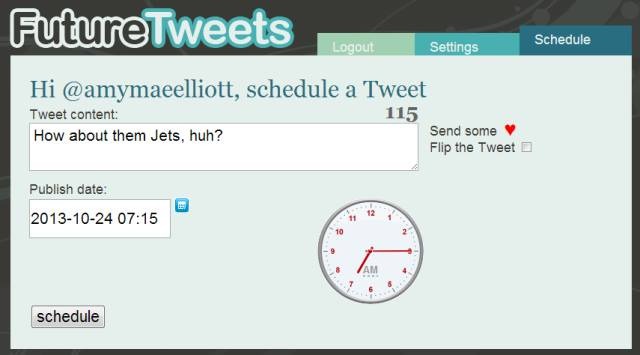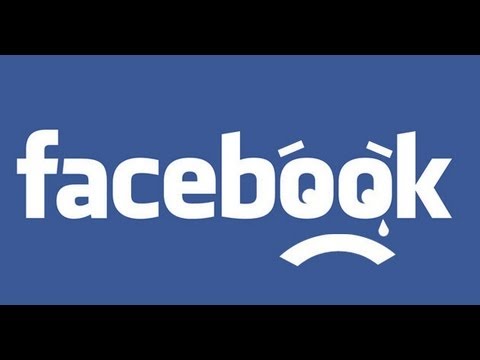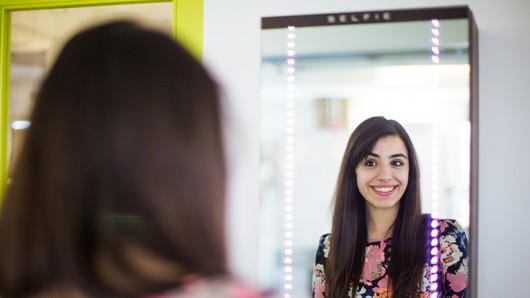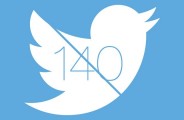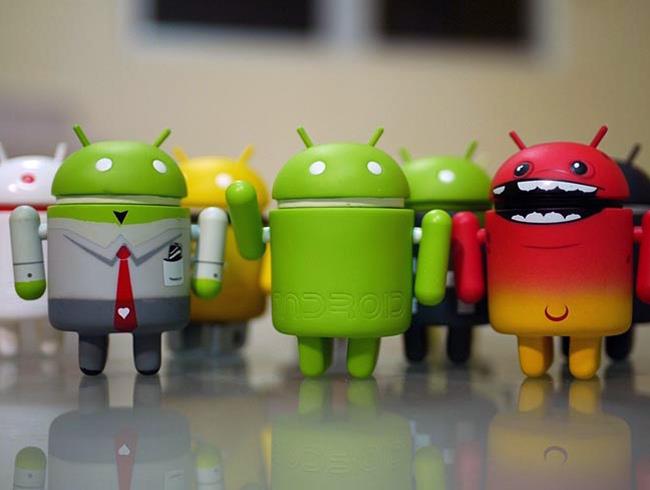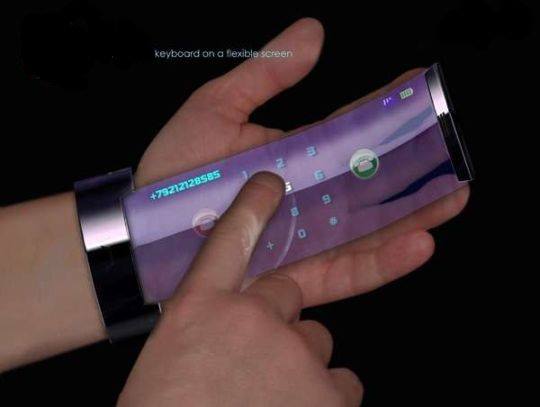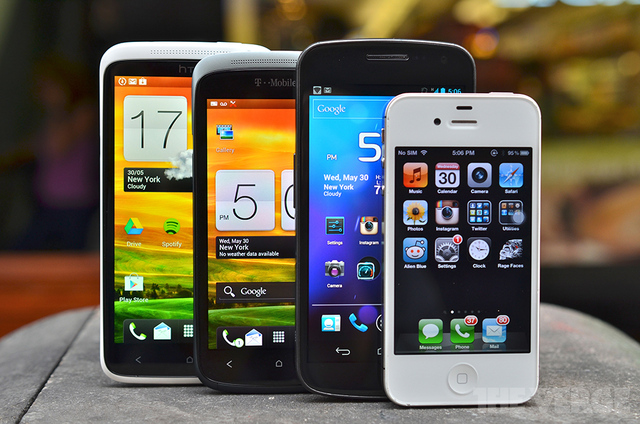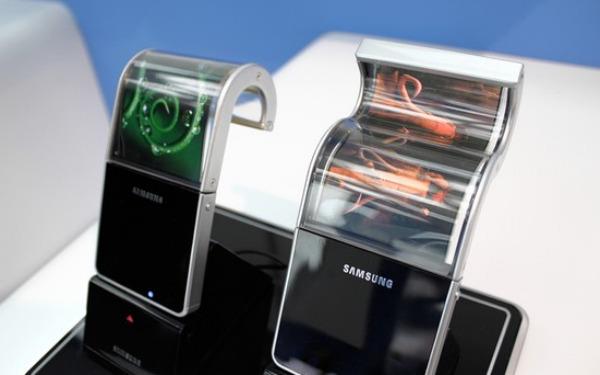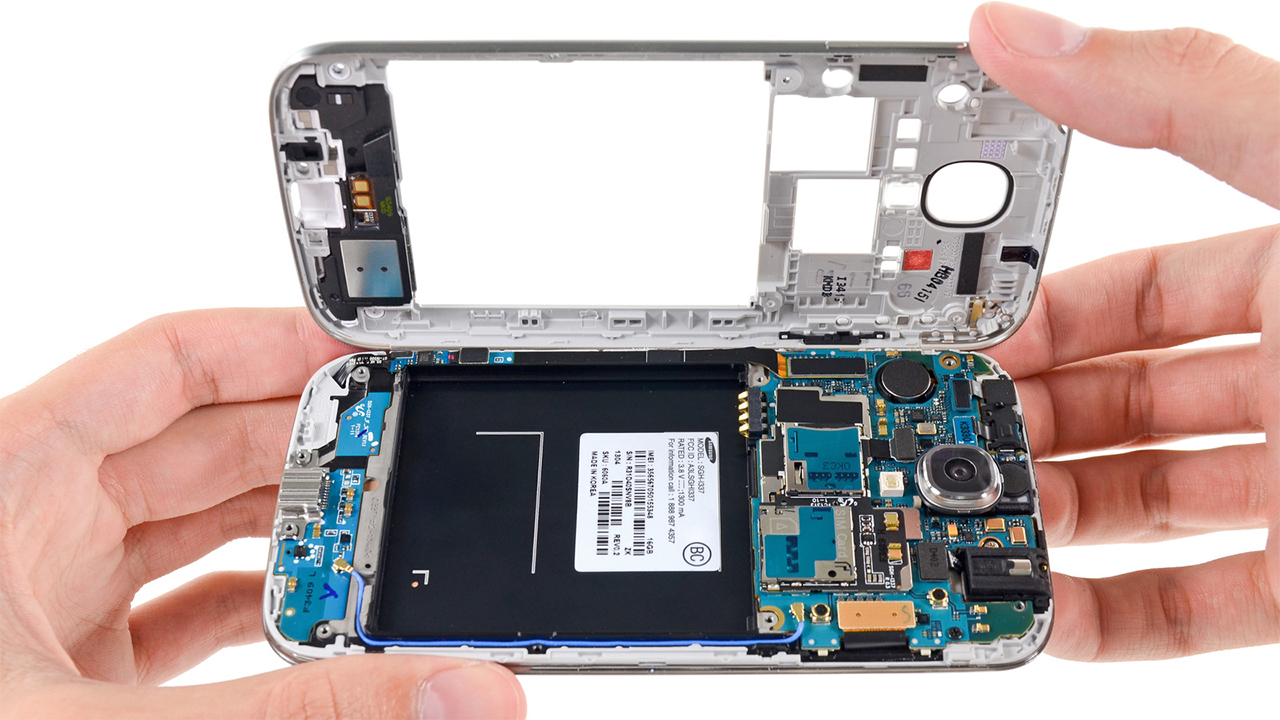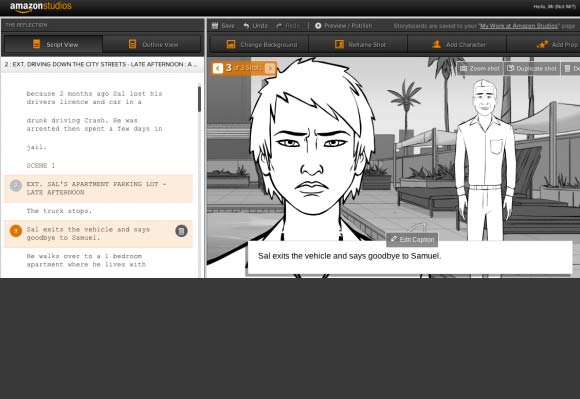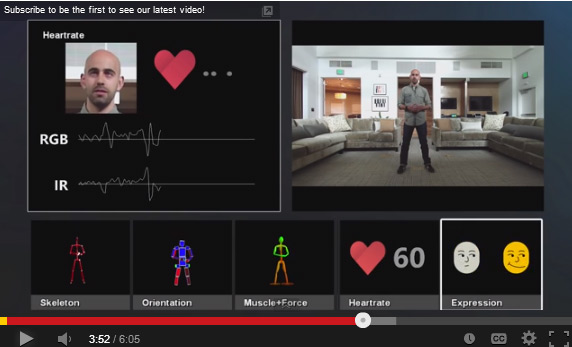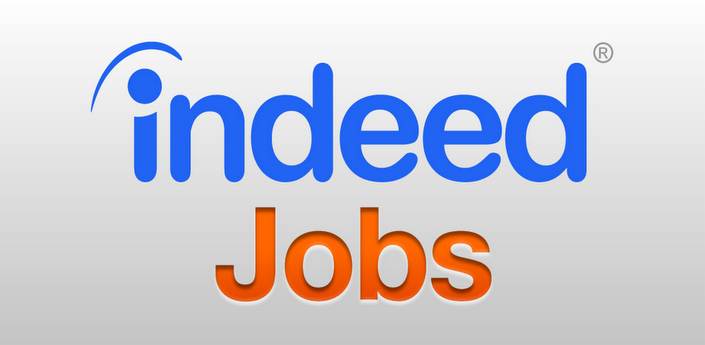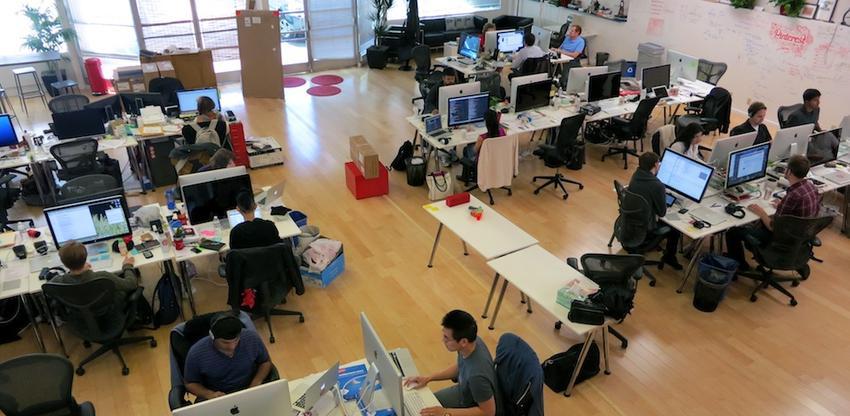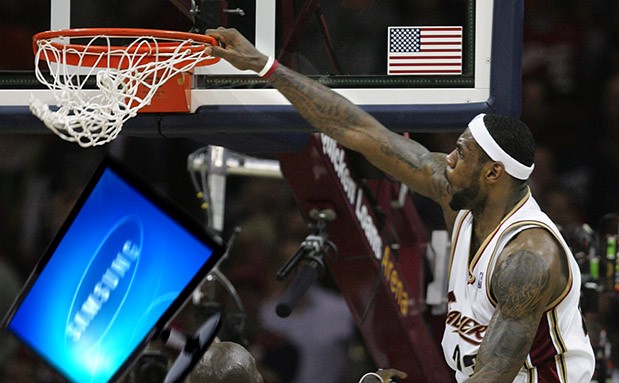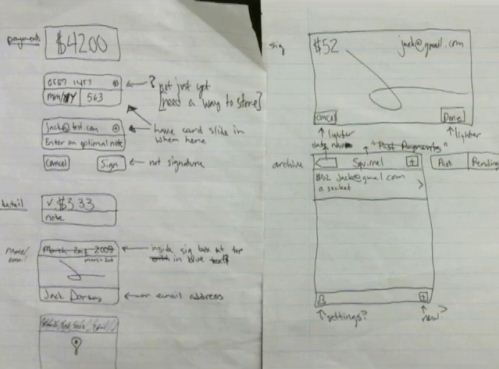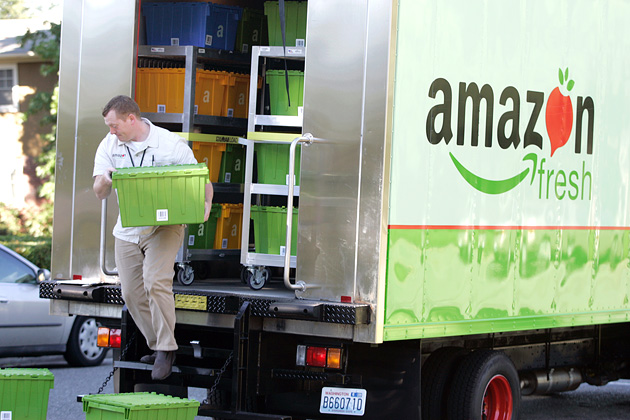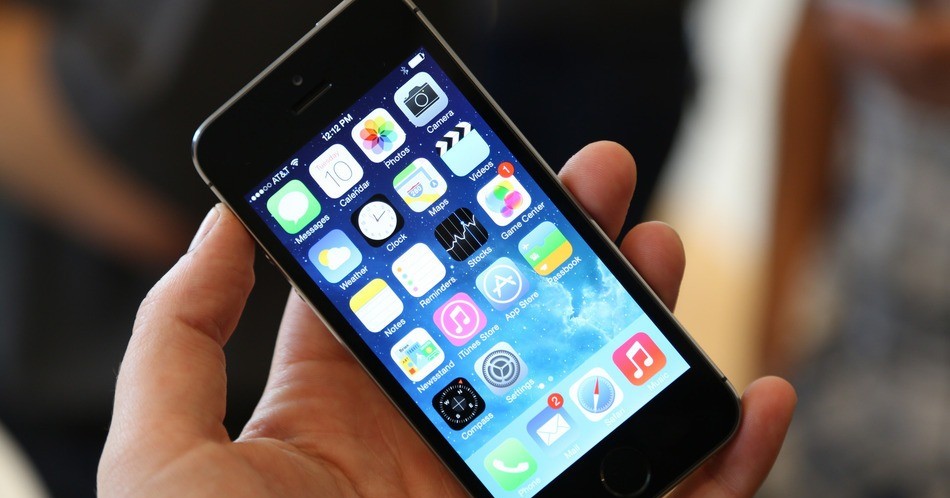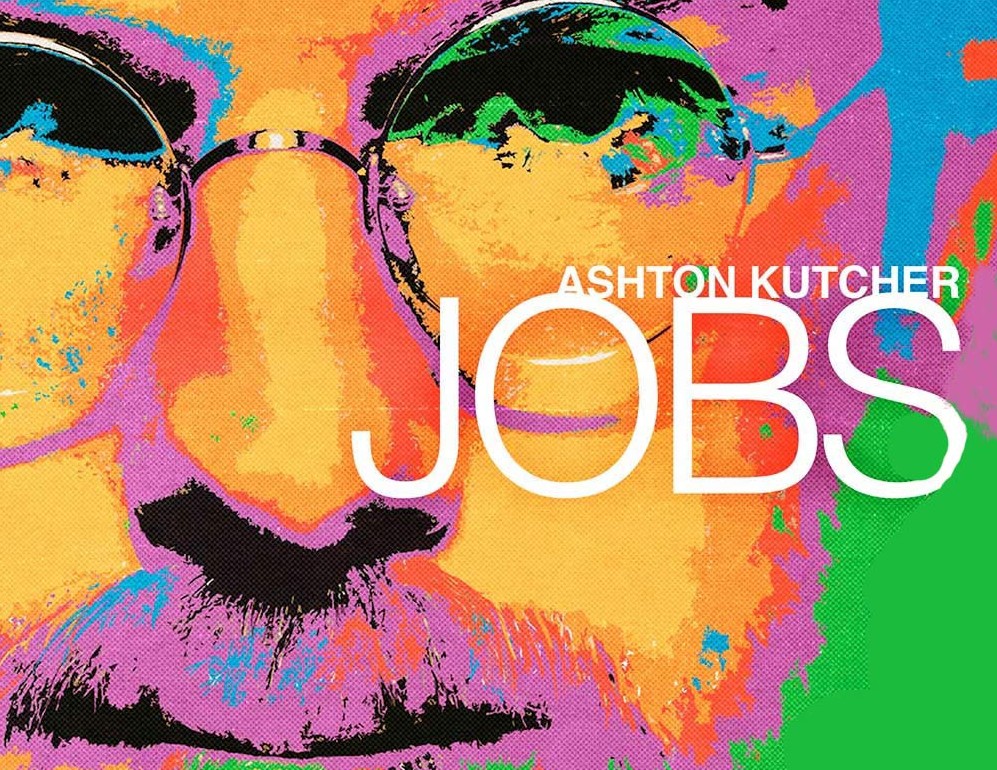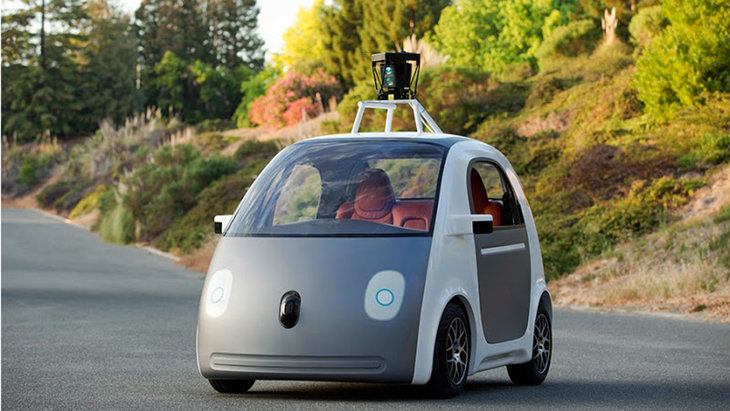All the Major Labels On Board For Apple’s New iRadio
After more than year of off-and-on negotiations, Apple has now reached deals with all three major music labels, making it increasingly likely that Apple will unveil its free Internet radio service at next week’s WWDC event.
The latest deal is with Sony Music, according to industry sources who said the two sides struck a deal Friday morning. Sony had been the lone holdout of the three major music labels, haggling over some details that frustrated execs at the other labels. The world’s largest label, Universal Music, was the first to sign on, followed by Warner Music and its publishing arm, Warner/Chappell.
While Apple has been in talks the music industry for some time, it has amped up its efforts in recent weeks, as it tries to roll out what’s been dubbed iRadio — though possibly called, simply, Apple Radio — at next week’s conference. Over the past couple of weeks, Eddy Cue, Apple’s iTunes chief, has spent a lot of time in New York finalizing terms with executives at the labels and publishers.
Apple is entering a crowded field, but its opportunity is vast. Pandora, which rules Internet radio with about 70 million active listeners, is only available in the United States, Australia and New Zealand. Apple, by contrast, seeks quickly to roll out the service in up to a dozen places, according to sources, including the U.K, France, Germany, Australia, and Japan.
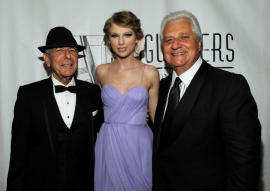
Martin Bandier (right), CEO of Sony/ATV Music Publishing, has been looking to get fat royalties out of Apple. Also in this picture from the Songwriters Hall of Fame ceremony in June 2010: Leonard Cohen and Taylor Swift.
(Credit: Larry Busacca/Getty Images for Songwriter’s Hall of Fame)
While the deal with Sony Music is a huge one — the label is home to such stars as Carrie Underwood and Alicia Keys — Apple still needs to ink deals with the publishers. So far, the only agreement it has with a major publisher is with Warner/Chappell, a deal it negotiated in tandem with the recorded music side of the company.
The terms that Apple agreed to with Warner/Chappell, however, make it all but certain that the rest of the publishers will
Of all the publishers, the most difficult for Apple has been Sony/ATV, which is the world’s largest music publisher and is owned by Sony Corp. and the estate of Michael Jackson. The man in charge, Martin Bandier, has been adamant about Apple paying far fatter rates for his songwriters than what they get from what’s called the performance rights organization, which include ASCAP and BMI.
The rates Bandier has been asking for are a 10 percent to 15 percent share of the ad revenue that Apple collects around its Internet radio product, industry sources said. Warner/Chappell’s deal has Apple paying 10 percent, according to people familiar with the terms. That’s more than twice what Pandora pays and very well should be enough for Bandier to agree to. Eddy Cue was in Bandier’s offices earlier this week.
The music labels see big possibilities with Apple Radio. The product, which is tied to iTunes, would be made for mobile devices. It would contain some features not available on Pandora — such as the ability to rewind a song from the middle of it, sources say — and would have a simple button that would let users easily purchase a song.
This could be a boon to the labels, which collect roughly 70 percent of every dollar from an iTunes purchases. In addition, the labels get a per-stream rate that’s more than what they receive from Pandora. Eventually, if Apple succeeds in building out its ad network and Apple Radio takes off, the labels will get a share of the ad revenue. And if all else fails, there is Apple is paying a guaranteed minimum. Currently, there are about 500 million iTunes accounts.
The streaming music field is becoming super competitive. Google, at its developer’s conference last month, launched a Spotify-like subscription music service called Google All Access.Google is also working on a music service tied to YouTube, which has become the dominant place where young people go to hear music.













